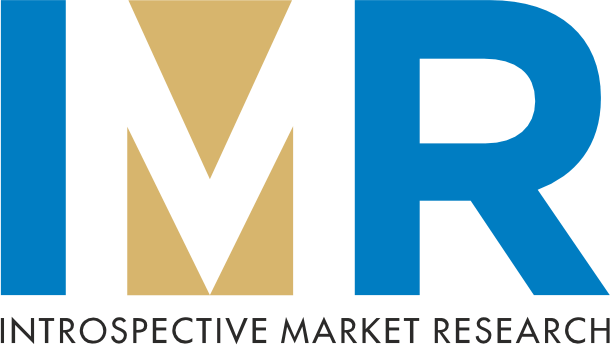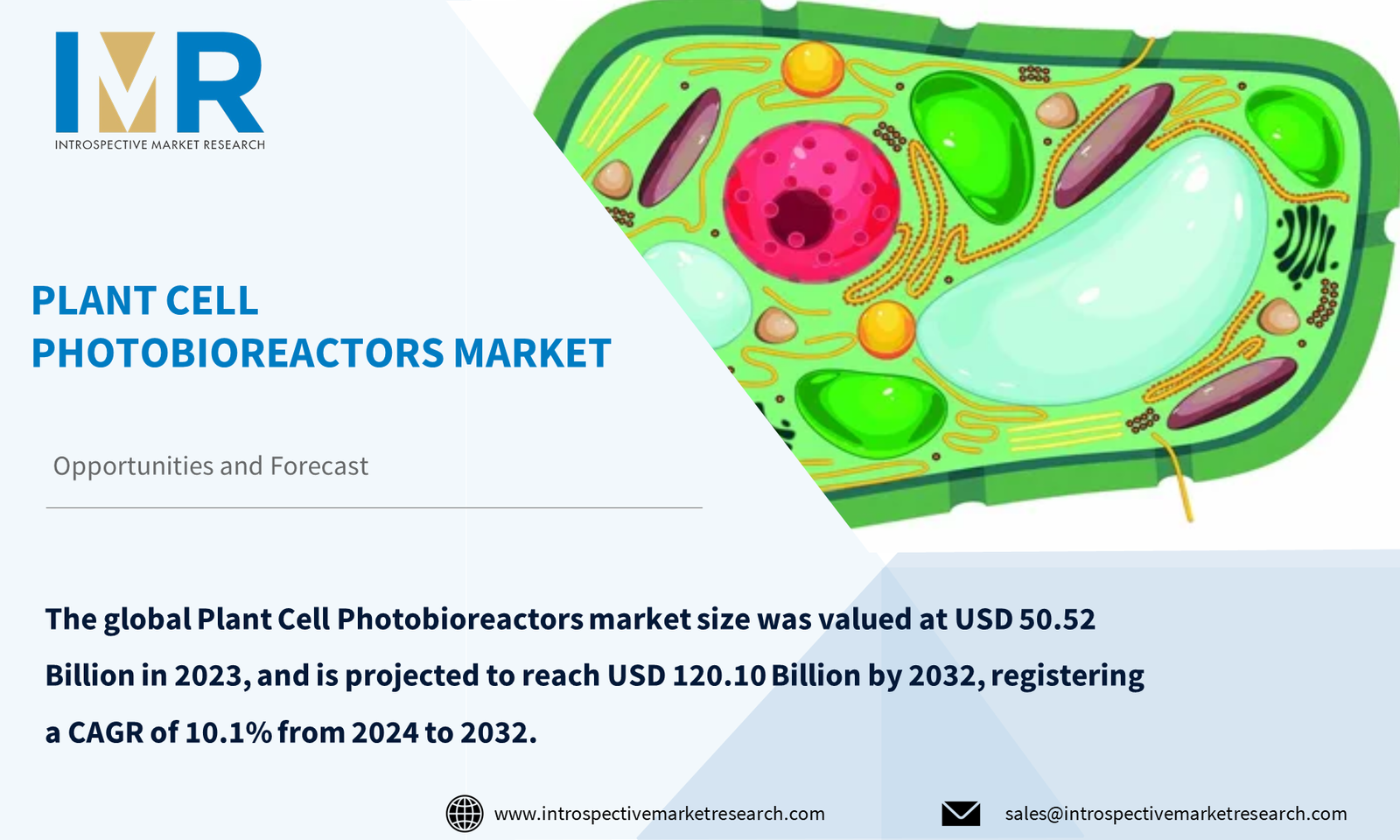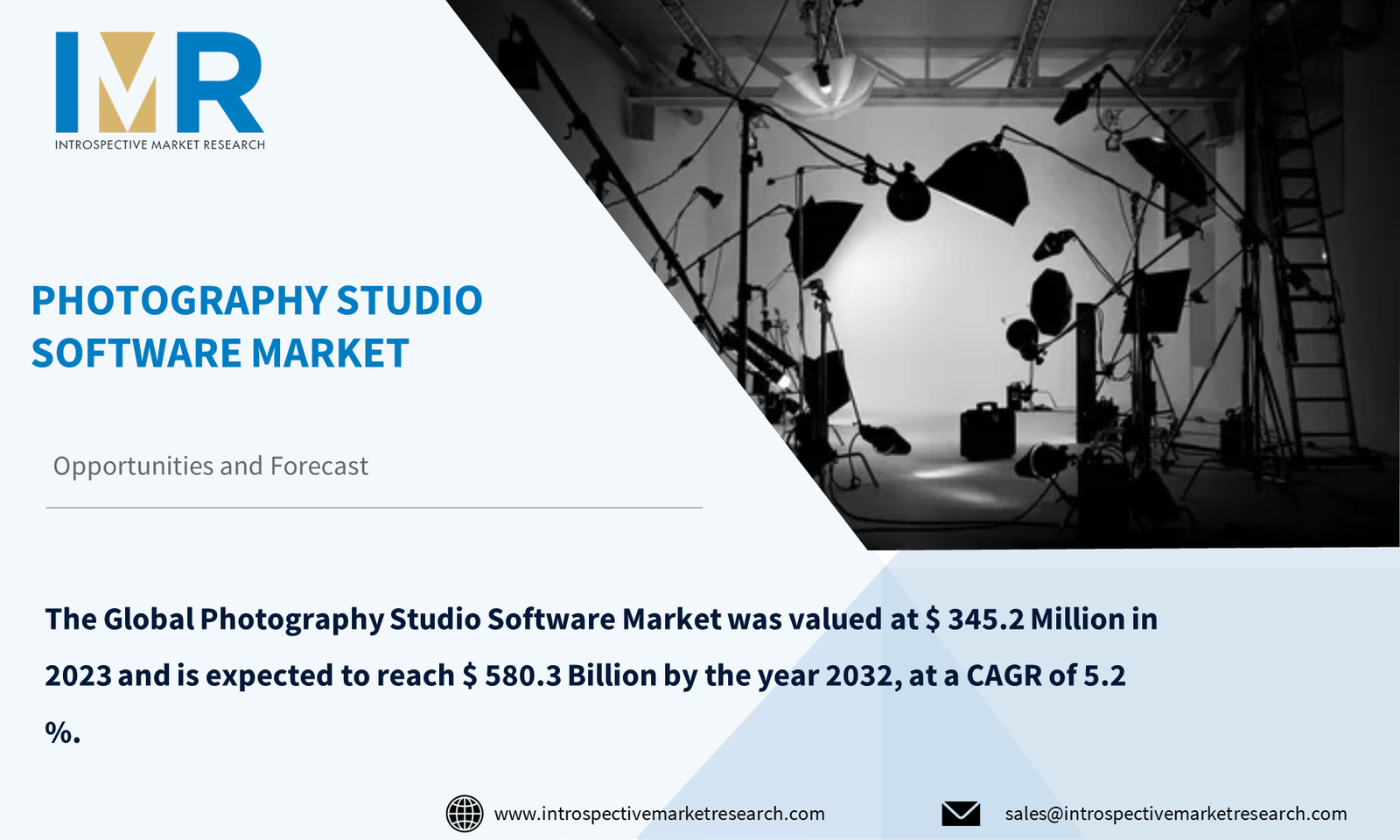
Plastic Rigid IBC Market Overview
According to a new report published by Introspective Market Research, titled, “Plastic Rigid IBC Market by Type, Capacity, End-User: Global Opportunity Analysis and Industry Forecast, 2024–2032,”
Global Plastic Rigid IBC market size was valued at $ 5.08 billion in 2023, and is projected to reach $ 8.96 billion by 2032, registering a CAGR of 4.95% from 2024 to 2032.
A plastic rigid IBC, also known as an Intermediate Bulk Container, is a large, industrial-grade container used for storing, transporting, and handling various liquids and solids. They are typically made from high-density polyethylene (HDPE), a strong, durable, and chemically resistant material that can withstand the rigors of industrial environments. Plastic rigid IBCs are reusable and come in a variety of sizes and capacities to meet the specific needs of different industries.
Plastic rigid IBCs are durable and impact-resistant, made of HDPE, and compatible with a wide range of liquids and solids, including chemicals, solvents, and hazardous materials. They are reusable, reducing waste and environmental impact, and stackable, saving space during storage and transportation. These cost-effective options are commonly used in various industries, such as chemicals, food and beverage, pharmaceuticals, agriculture, and manufacturing.
The growing preference for sustainable packaging indicates a shift in business and consumer tastes towards ecologically friendly packaging options. Sustainable packaging typically involves the use of renewable, recyclable, or biodegradable resources, aiming to minimize environmental impact. Plastic rigid intermediate bulk containers (IBCs) are large, reusable industrial containers made of sturdy plastic, used for storing and transporting bulk and liquid materials. These containers support environmental objectives and are recyclable, making them a popular choice in sustainable packaging strategies. As consumer inclination toward sustainable packaging increases, the market for plastic rigid IBCs is expanding. This trend suggests that companies and industries are increasingly adopting plastic rigid IBCs as part of their sustainability initiatives, driven by the containers' environmental benefits and compatibility with sustainability programs. Businesses seeking environmentally friendly packaging solutions can find significant opportunities in the plastic rigid IBC market, benefiting from the alignment with the growing emphasis on sustainability across various industries.
The increasing emphasis on innovative materials, customized solutions, and sustainability is reshaping consumer preferences and corporate strategies. As businesses recognize the importance of eco-friendly practices, they align their operations with ethical considerations, opening new market segments and enhancing brand reputation. Advanced materials are driving innovation, influencing manufacturing processes and product design with lightweight, high-strength, and environmentally friendly options. Companies investing in research and development to incorporate these materials gain a competitive edge by offering improved performance, durability, and reduced environmental impact. The demand for customized solutions is also transforming the market, with consumers seeking tailored products and services across sectors like technology, healthcare, and manufacturing. This trend enhances customer satisfaction and creates competitive market niches. The emphasis on sustainability, advanced materials, and customized solutions represents a fundamental shift in business operations. Companies that integrate these principles into their strategies can capitalize on market opportunities, meet consumer expectations, and foster long-term resilience in an evolving economic landscape where sustainable and innovative practices are essential for market leadership.
Global Plastic Rigid IBC Market, Segmentation
The Plastic Rigid IBC market is segmented on the basis of packaging type, application, and region.
Type:
High-density polyethylene intermediate bulk containers are popular due to their high melting temperature of 120-140 degrees Celsius, making them ideal for durability and temperature resistance, ensuring safe storage and transport of various materials in applications requiring temperature resistance. High-density polyethylene (HDPE IBCs) are popular due to their high density, enhancing their structural integrity and durability. HDPE IBCs offer superior tensile strength, making them suitable for handling substantial loads and providing reliable containment for a variety of products, making them suitable for handling diverse loads. High-density polyethylene intermediate bulk containers are known for their chemical resistance, making them ideal for storing and transporting various substances, ensuring material integrity and protecting against potential chemical interactions.
End-User:
The Industrial Chemicals segment dominates the global Plastic Rigid Intermediate Bulk Container (IBC) Market for several key reasons. Firstly, the storage and transportation of industrial chemicals demand robust and reliable containment solutions, and plastic rigid IBCs provide the necessary durability and strength. These containers are designed to handle the harsh conditions often associated with industrial chemical handling, including resistance to corrosion and the ability to withstand chemical reactions, ensuring safe and secure transportation and storage. Industrial chemicals often need to be transported in large quantities, and plastic rigid IBCs are specifically designed to accommodate bulk volumes. Their large capacity and reusable nature make them cost-effective for companies that frequently move significant amounts of chemicals. Additionally, the standardization of IBC sizes facilitates efficient stacking and storage, optimizing space utilization in warehouses and during transport.
Region:
North America is driving the growth of the Plastic Rigid Intermediate Bulk Container (IBC) Market due to its economic strength, technological advancements, and robust industrial landscape. Industries like chemicals, pharmaceuticals, and manufacturing demand IBCs for efficient bulk material storage and transportation. Advanced infrastructure and stringent quality standards in these sectors make durable and reliable packaging solutions a preferred choice. The region's regulatory environment prioritizes safety and environmental sustainability, promoting high-quality IBCs like Plastic Rigid IBCs for durability, reusability, and compliance with stringent safety regulations. North America's commitment to sustainability is driving growth in the market for Plastic Rigid IBCs, driven by the preference for eco-friendly packaging solutions and the preference for recyclable materials, shaping the future of sustainable industrial packaging.
Key Players in the Global Plastic Rigid IBC Market
Some of the leading Plastic Rigid IBC market players are
- Hoover Ferguson Group (United States)
- Greif (United States)
- Mauser Packaging Solutions (United States)
- Myers Industries (United States)
- Snyder Industries (United States)
- ACO Container Systems (Canada)
- SCHUTZ (Germany)
- Mauser Group (Germany)
- WERIT AG (Switzerland)
- MaschioPack GmbH (Italy)
- Pyramid Technoplast (Italy)
- Sotralentz (France)
- FACH-PAK Sp. z o.o. (Poland)
- Shijiheng (China)
- ZhenJiang JinShan Packing Factory (China)
- Shanghai Fujiang Plastic Industry Group (China)
- Jielin (China)
- NOVAX (China)
- Time Technoplast Limited (Hong Kong)
- Chuang Xiang (Taiwan)
- Sintex (India), and Other Major Players
Key Industry Developments
- In March 2024, Greif, Inc. completed its acquisition of Ipackchem Group SAS, a move anticipated to bolster its position as a global leader in industrial packaging. With a transaction value totaling $538 million plus additional fees, Greif now aims to leverage synergies and new market opportunities. The acquisition, funded through existing credit facilities, is expected to immediately enhance EBITDA margins.
- In November 2023, Mauser Packaging Solutions announced its definitive agreement to acquire Taenza, S.A. de C.V., a Mexico-based manufacturer specializing in tin-steel aerosol cans and steel pails. The acquisition aims to broaden Mauser's capabilities in rigid metal packaging. With Taenza's five manufacturing facilities across Mexico and over 850 employees, the deal positions Mauser to better serve customers in industries such as paint, coatings, and chemicals. Mark Burgess, CEO of Mauser, highlighted the alignment of values between the two companies.
Key Findings of the Study
- The global Plastic Rigid IBC market was valued at $5.08 billion in 2023 and is projected to reach $8.96 billion by 2032, registering a CAGR of 4.95% from 2024 to 2032, indicating significant market growth driven by the increasing demand for sustainable packaging solutions.
- The Industrial Chemicals segment dominates the Plastic Rigid IBC market due to the necessity for robust and reliable containment solutions that can withstand the harsh conditions of chemical storage and transportation, including resistance to corrosion and chemical reactions.
- High-density polyethylene (HDPE) is the preferred material for Plastic Rigid IBCs due to its high melting temperature, structural integrity, tensile strength, and chemical resistance, making it suitable for a variety of industrial applications.






